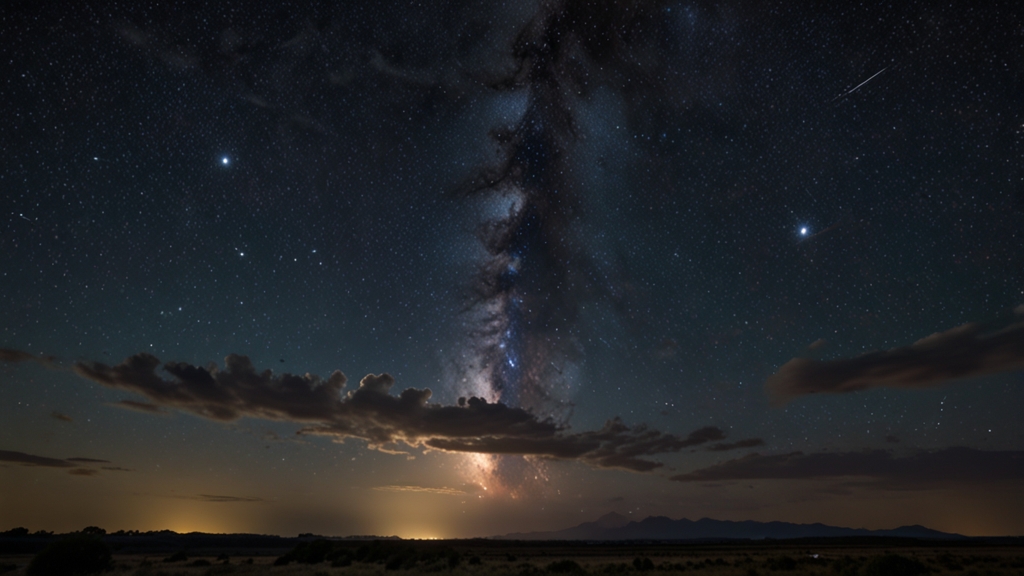Introduction
The festive season of Christmas is celebrated worldwide on December 25th with joy, gift-giving, and a spirit of togetherness. Central to this celebration is the traditional belief that Jesus Christ, the central figure of Christianity, was born on this day. However, historical and scriptural evidence suggests that the exact date of Jesus' birth remains a topic of debate and uncertainty. This article delves into the historical, biblical, and cultural aspects to uncover the truth behind the holiday.
Historical Context
The first mention of December 25th as the birth date of Jesus occurred in the 4th century AD. Scholars believe that earlier Christian communities did not focus on the birth of Jesus as much as they did on his death and resurrection. The earliest celebrations of Jesus' birth were likely varied and not universally fixed to December 25th.
The Roman Empire, during the 4th century under Emperor Constantine, adopted Christianity as its state religion. This period marked the formal establishment of December 25th as Christmas. One prevalent theory suggests that this date was chosen to coincide with and Christianize the popular pagan festival of Saturnalia, a week-long period of lawlessness celebrated from December 17th to 23rd in honor of Saturn, the Roman god of agriculture.
Biblical Evidence
The Bible does not provide a specific date for Jesus' birth. The Gospels of Matthew and Luke contain narratives about the birth of Jesus, but neither mentions a date. Furthermore, the described events surrounding Jesus' birth provide only partial clues.
The Gospel of Luke mentions shepherds watching their flocks by night when an angel appeared to announce the birth of Jesus. This detail has led some scholars to argue that such activities were more likely to occur during the spring lambing season, suggesting a possible springtime birth rather than a winter one. Additionally, the Roman census mentioned in Luke, for which Joseph and Mary traveled to Bethlehem, might have been more practical in milder weather, further supporting a date other than December.
Cultural Evolution
The connection between midwinter celebrations and the birth of Jesus may have more to do with cultural and political factors rather than historical or scriptural accuracy. The merging of pagan and Christian traditions during the Roman Empire facilitated the widespread adoption of December 25th as a significant Christian holiday.
As Christianity spread throughout Europe, various local traditions and customs were incorporated into the Christmas celebration. The result was a rich tapestry of cultural practices that merged both Christian and pagan elements into a single, harmonious holiday observed around the winter solstice.
"The trappings of our contemporary Christmas celebrations - from the Christmas tree to gift-giving - are a testament to this blending of traditions. While they evoke a sense of timelessness, the historical evidence suggests that many of these customs evolved over centuries, shaped by social, political, and religious influences."
Conclusion
While the exact date of Jesus' birth remains uncertain, the choice of December 25th has a rich historical and cultural significance. The merging of Christian and pagan traditions during the early centuries of Christianity facilitated the establishment of Christmas as we know it today. Whether or not Jesus was born on December 25th, the essence of the holiday lies in its celebration of love, peace, and hope - values that transcend historical dates and resonate deeply within the human spirit.
The essence of Christmas transcends historical accuracy and invites all to reflect on the core message of compassion, generosity, and joy. As we gather each year to celebrate, it is this spirit that truly makes the holiday season special.
"In the end, the precise details of history may be less important than the enduring spirit of fellowship and goodwill that Christmas represents."










